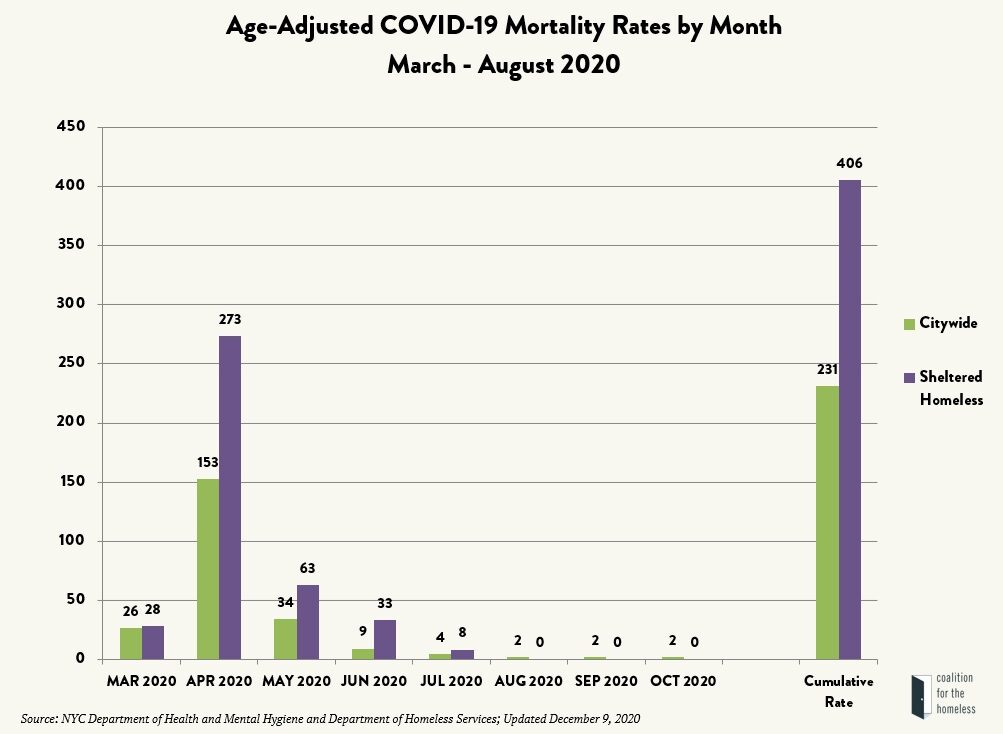
Welcome to EcoLife! This blog, which is hosted by Portland State University students, aims to motivate, inform, and inspire change. We want you to learn about the complicated issues surrounding homelessness, while going beyond the tip of the iceberg. We hope to establish a connection with you through our posts regarding the lives and experiences of homeless individuals, expressed in these numerous stories and articles. We hope you enjoy our blog!
Monday, March 15, 2021
Distrust and Inequity in Vaccinations Among Homeless
As the access and availability of vaccines increases across the nation, cities in the U.S are now tasked with distributing them among the homeless in shelter systems. Homeless service providers as well as public health officials have found this task daunting however, as many in the homeless population are hesitant or completely distrusting of vaccinations. This issue will require a large scale intervention from municipalities throughout America to ensure the safety of those experiencing homelessness. This is a population that is at a particularly higher risk of poor health outcomes already due to age and health conditions associated with living on the streets.
While many cities across the nation have already started vaccinating within their sheltering systems, Portland as well as many other cities on the West Coast, have not established a timeline to vaccinate homeless and are doing so only based on age or condition. There are many barriers that the homeless face already, and a commitment to ensure that COVID-19 vaccines reach them should hold more priority in both our city and country. People experiencing homelessness have faced greater risks from COVID-19 exposure, infection, and death when compared to those who have established housing. This unequal burden can be seen in a New York City study conducted by the Coalition for the Homeless, showing the mortality rate for individuals residing in shelters to be almost double that of the general population.
Along with plans to distribute vaccinations to the homeless populations across the United States, there needs to be a focus on increasing trust within the homeless with regards to vaccinations and medical systems in general. In order to build back trust, communities must first recognize that homelessness and COVID-19 are issues of inequity, as they disproportionately affect people of color at a higher rate. Only then can these communities actively work to bring back trust by reducing and reversing these inequities through both short and long-term health supports. Vaccinations are important, but it needs to be addressed that providing them alone is not a cure-all solution. Communities across the nation need to address issues such inequities in accessing healthcare and permanent/affordable housing availability in order to promote lasting change. As a part of the community that we live in, we must also ask ourselves how we may better address these issues in our neighborhoods.
Sources:
https://www.urban.org/urban-wire/five-ways-communities-can-ensure-covid-19-vaccines-reach-people-experiencing-homelessness
https://www.coalitionforthehomeless.org/age-adjusted-mortality-rate-for-sheltered-homeless-new-yorkers/
https://www.nbcnews.com/news/us-news/among-homeless-populations-deep-mistrust-vaccines-here-s-how-cities-n1259761
https://www.hudexchange.info/news/weekly-covid-19-vaccine-update-for-homeless-service-providers/
Subscribe to:
Post Comments (Atom)

No comments:
Post a Comment